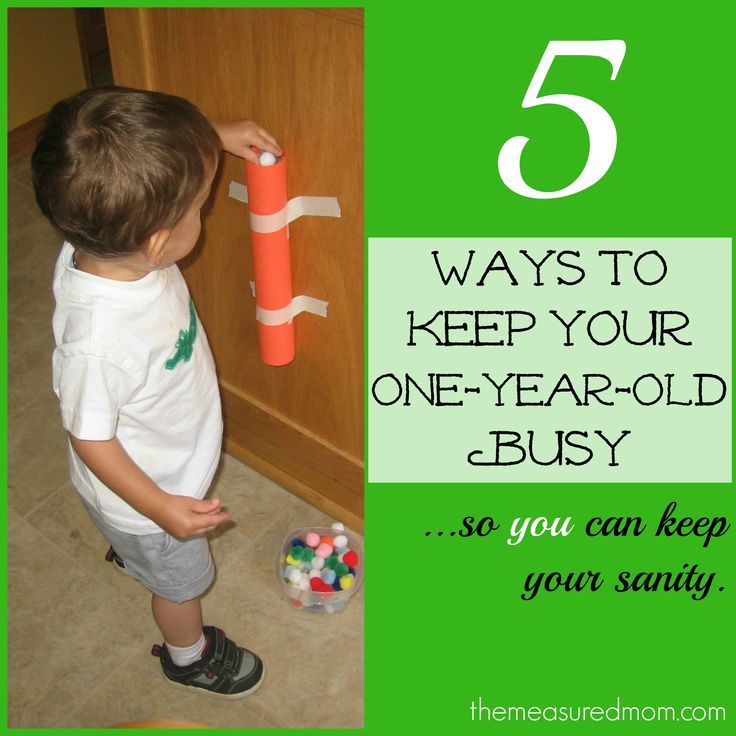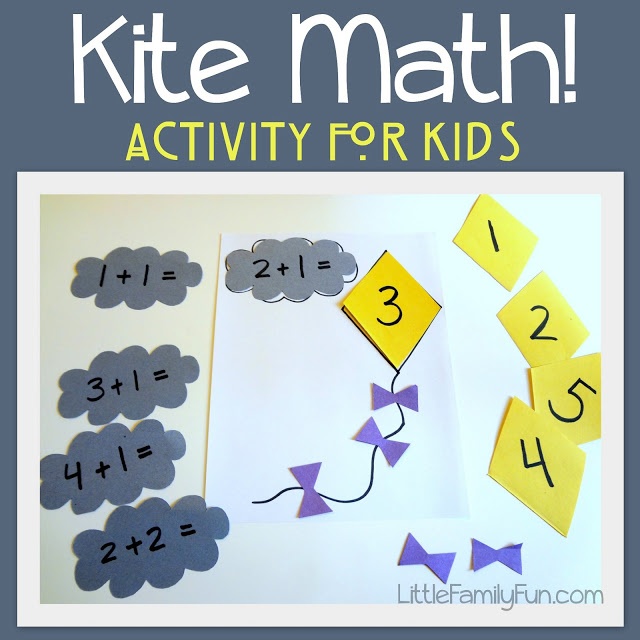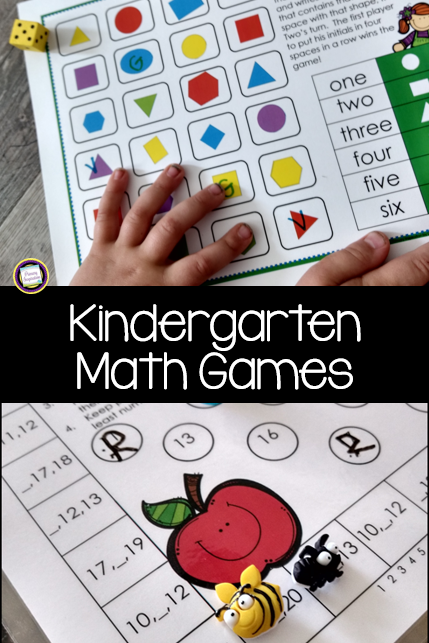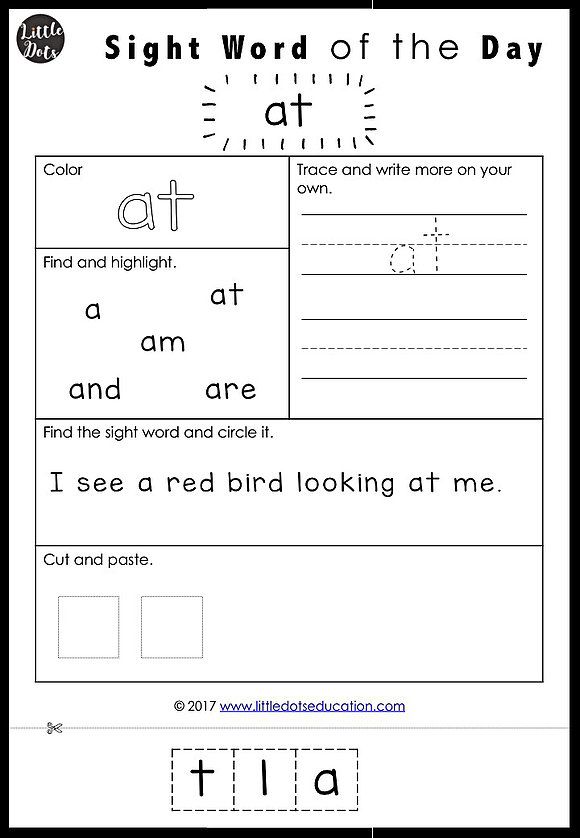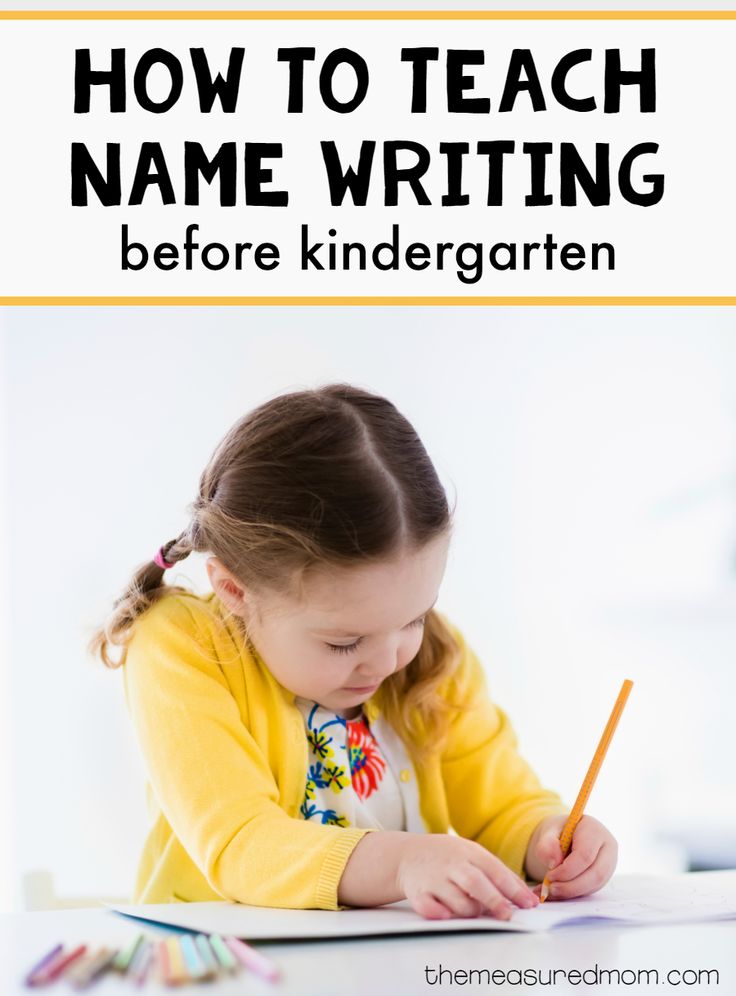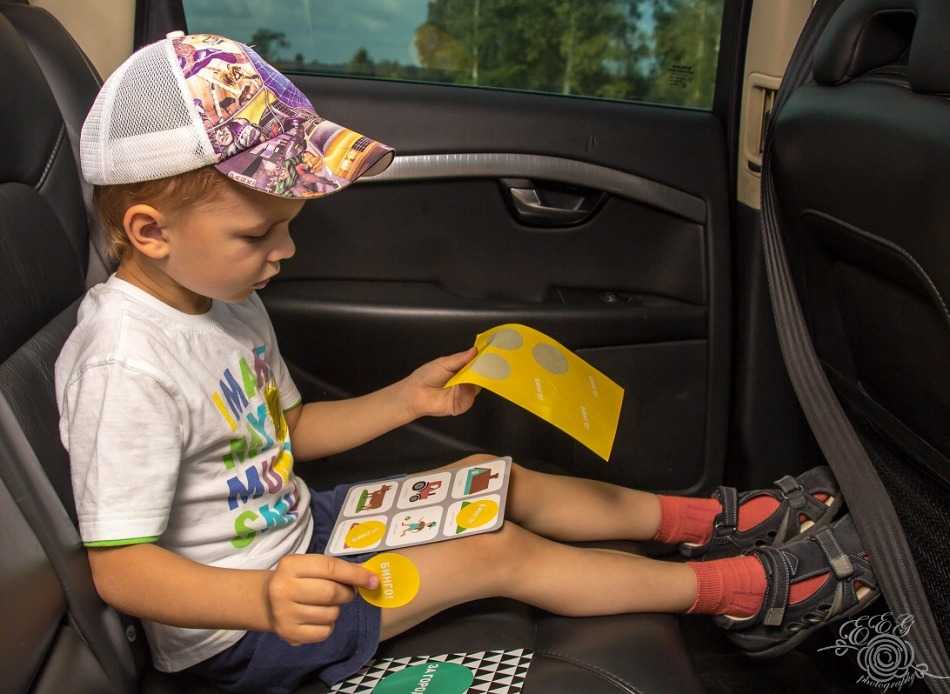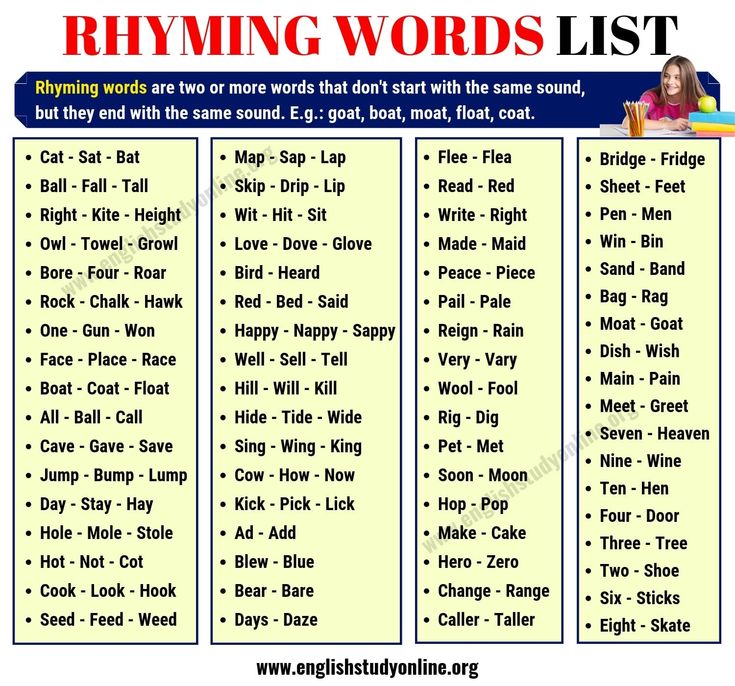A says ah song
Every Letter Makes A Sound Song (Listen & Full Lyrics)
I may receive a commission for purchases made through product links on this page, but I always stand by my opinions and endorsements!
You might remember this one from when you were a kid.
But either way, get ready to have it drilled into your head because Pre-K-ers around the country are learning it now!
My daughter came home singing something called “Every Letter Makes a Sound” recently, so I had to look it up and find out where it came from (plus I wanted to be sure I had all the lyrics right so I could sing along).
This is a little tune from the LeapFrog Letter Factory video that helps kids learn the alphabet (and how to pronounce the sound each letter makes).
Let’s check it out!
Every letter Makes A Sound Lyrics (“Double” version)
There seems to be two versions of this song floating around.
There’s a “single” version where each letter sound lyric is sung only once, and a “double” version where each sound is repeated twice.
The double version seems to be a little more common, so here’s how it goes:
The A says “Ah”
The A says “Ah”
Every letter makes a sound
The A says “Ah”
The B says “Buh”
The B says “Buh”
Every letter makes a sound
The B says “Buh”
The C says “Kuh”
The C says “Kuh”
Every letter makes a sound
The C says “Kuh”
It goes on like this for a while without too many surprises!
But in case you need a refresher:
The D says “Duh”
The D says “Duh”
Every letter makes a sound
The D says “Duh”
The E says “Eh”
The E says “Eh
Every letter makes a sound
The E says “Eh”
The F says “Ffff”
The F says “Ffff”
Every letter makes a sound
The F says “Ffff
The G says “Guh”
The G says “Guh”
Every letter makes a sound
The G says “Guh”
The H says “Heh”
The H says “Heh”
Every letter makes a sound
The H says “Heh’
The I says “Ih”
The I says “Ih”
Every letter makes a sound
The I says “Ih”
The J says “Juh”
The J says “Juh”
Every letter makes a sound
The J says “Juh”
The K says “Kuh”
The K says “Kuh”
Every letter makes a sound
The K says “Kuh”
The L says “Ull”
The L says “Ull”
Every letter makes a sound
The L says “Ull”
The M says “Mmm”
The M says “Mmm”
Every letter makes a sound
The M says “Mmm”
About halfway done!
Hang in there, mom and dad.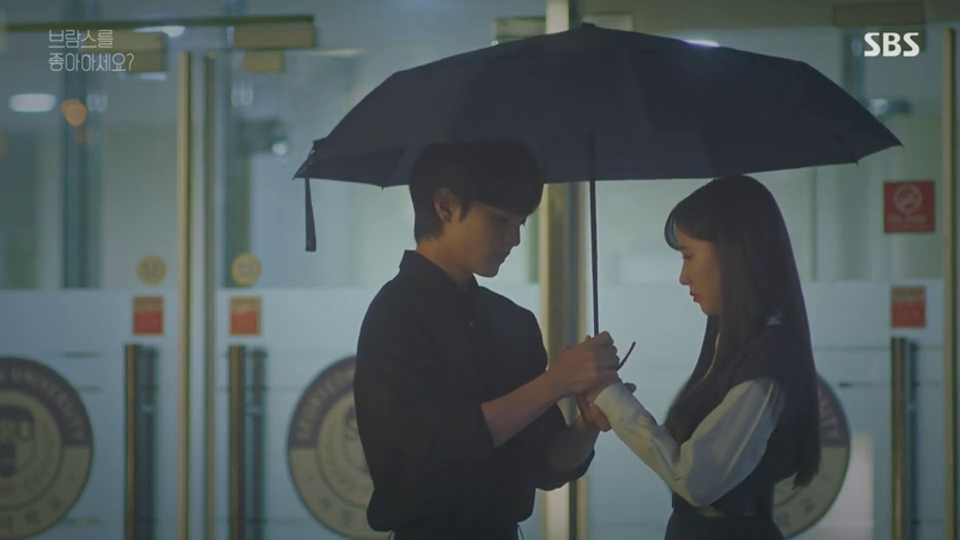
The N says “Nnn”
The N says “Nnn”
Every letter makes a sound
The N says “Nnn”
The O says “Oh”
The O says “Oh”
Every letter makes a sound
The O says “Oh”
The P says “Puh”
The P says “Puh
Every letter makes a sound
The P says “Puh”
The Q says “Kwuh”
The Q says “Kwuh”
Every letter makes a sound
The Q says “Kwuh”
The R says “Rrr”
The R says “Rrr”
Every letter makes a sound
The R says “Rrr”
The S says “Sss”
The S says “Sss”
Every letter makes a sound
The S says “Sss”
The T says “Tuh”
The T says “Tuh”
Every letter makes a sound
The T says “Tuh”
The U says “Uh”
The U says “Uh’
Every letter makes a sound
The U says “Uh”
The V says “Vvv”
The V says “Vvv”
Every letter makes a sound
The V says “Vvv”
The W says “Wuh”
The W says “Wuh”
Every letter makes a sound
The W says “Wuh”
The X says “Ksss”
The X says “Ksss”
Every letter makes a sound
The X says “Ksss”
The Y says “Yeh”
The Y says “Yeh”
Every letter makes a sound
The Y says “Yeh”
The Z says “Zzz”
The Z says “Zzz”
Every letter makes a sound
The Z says “Zzz”
Technically, the LeapFrog song goes on some interesting little riffs during W and Z (you’ll see in the video below), but I left those out of the lyrics because that’s not how kids are going to be singing it!
The primary purpose of the song is to help kids learn their letter sounds, so better to stick with the basics.
You can hear this version of Every Letter Makes A Sound in the video below:
Every Letter Makes A Sound “Single” Version Lyrics
Here are some alternate lyrics you might want to know!
In this version, there’s a little intro and outro, and each letter sound is only sung once.
Some letters are made from straight lines
And some are curvy and round
But every letter makes a sound!
The A says “Ah”
The B says “Buh”
…
(and so on, repeating each letter sound from above just once)
And those are all the letters in the factory
And that’s it! The end!
Check out this version below:
Wrapping Up
There you have it, all the lyrics you need to know to sing along with “Every Letter Makes A Sound” from the LeapFrog Letter Factory.
I’ll warn you now; this song is viciously long and repetitive, but it does its job!
It’s catchy and a pretty fun way for kids to learn phonics.
Looking to sing along with your kids as they belt out other popular tunes and nursery rhymes? Check out my guides to A Ram Sam Sam, Twinkle Twinkle Traffic Light, and ABCD Dinosaur.
Hope this helps, parents!
When to Teach Letter Names
by Shirley Houston
I recently received an email posing this question:
We are teaching systematic phonics to our little ones, but we are conflicted as when to teach letter names. When and how should letter names be taught to children?”
The timing of the introduction of letter names is important, so I’ll frame my thoughts using the Goldilocks principle – not too early, not too late, but at just the right time. It is a developmental concern, rather than a grade/year- or age-related concern.
Not Too Early
Should you teach letter names or sounds first?
Letters are used as a code for the sounds in our speech so are meaningless without knowledge of the sounds. Any squiggle/shape could represent a sound, for example:
Any squiggle/shape could represent a sound, for example:
Letter names provide abstract labels for the letters, not representations of how the letters actually sound within our language. That is why teaching a child to sing the alphabet song before the child receives formal reading instruction has limited value. The first important step towards literacy success is development of phonemic awareness and not letter name singing.
Why not teach letter names and sounds together?
So, if letters make no sense without sounds, why not teach letter sounds and names side by side? The simple answer is because of the cognitive load. Working memory has to work hardest when a task is novel and therefore has a heavy cognitive load. For the beginning learner, identifying individual sounds in a word, from left to right, is quite a novel task. Forming letter shapes and discriminating between letter shapes are novel tasks. Remembering the name of a letter is a novel task. Linking a specific letter with a specific sound is a novel task.
Remembering the name of a letter is a novel task. Linking a specific letter with a specific sound is a novel task.
Is it any wonder that some children, especially those with a weak working memory, struggle with reading and spelling? Cognitive load theory makes it clear that we can and should do what is necessary to reduce cognitive load. It is not necessary for school beginners to know the names of letters for reading and spelling, so, in my opinion, the teaching of letter names should be postponed until letter names are necessary. This allows students to begin to write and read more quickly.
Teach letter-sound correspondences initially, without teaching letter names
Students need to learn letter-sound correspondences for reading and spelling. When a beginning reader is learning the single letter-sound correspondences, you do have to talk about the squiggles we make for sound symbols as ‘letters’, but that does not mean that you should refer to the letter names. Instead, the teacher can say:
Instead, the teacher can say:
or
When the child is spelling, the prompt can be:
Teaching letter names too early can confuse beginning readers
Letter names will not help a child to decode words: the word ‘cat’ is not read as ‘seeaytee’. While some may argue that teachers can use aspects of letter names as cues for students to identify the sounds they represent, the potential for confusion outweighs any benefits if letter names are introduced too early.
Children learning to read who have received more instruction in letter names than letter sounds are more likely to look at a word and read:
| ‘w’ | /d/ (for ‘doubleyou’) – refers to the shape of the letter, not the sound |
| ‘y’ | /w/ (for ‘why’) |
| ‘u’ | /y/ (for ‘you’) |
| ‘c’ | /s/ (for ‘see’) – this is less common than /k/ |
| ‘g’ | /j/ (for ‘jee’) – this is less common than hard /g/ |
| ‘h’ | long /a/ (as in ‘aitch’) |
| ‘f’, ‘l’, ‘m’, ‘n’, ‘s’, ‘x’ | short /e/ (as in ‘ef’, ‘el’, ‘em’, ‘en’, ‘es’, ‘ex’) |
If they are taught letter names before letter sounds, beginning readers will expect vowel letters to represent a long vowel sound in words, reading, for example, ‘got’ as ‘goat’. The most common sound represented by a vowel letter is its short sound, and it is usually VC and CVC words, containing short vowel sounds, to which beginning readers are first exposed.
The most common sound represented by a vowel letter is its short sound, and it is usually VC and CVC words, containing short vowel sounds, to which beginning readers are first exposed.
…and beginning spellers
Children learning to spell who have received more instruction in letter names than letter sounds are more likely to use letter names in their spelling e.g.
Not Too Late
It will be harder for a teacher to help children who have not been taught letter names with their spelling. In the photo below, you can see what a five-year-old, who doesn’t know the letter names, produced when she asked how to spell ‘bean’ and the parent responded with letter names:
If a child asks how to spell the long /ee/ sound in ‘beach’, it is not appropriate to say “Write /eh/ then /ah/”, because blending those sounds together does not create the long /ee/ sound. You must use letter names e. g. “We spell the long /ee/ sound in ‘beach’ with the letter ‘e’ followed by the letter ‘a’. They make a
vowel team.” Similarly, if you ask a child how ‘seek’ is spelled, it is not sufficient for the child to say “/s/, long /ee/, /k/” because there are several possible spellings for each of those sounds. Developing the language that allows discussion of letter-sound correspondences is important to reading and spelling success.
g. “We spell the long /ee/ sound in ‘beach’ with the letter ‘e’ followed by the letter ‘a’. They make a
vowel team.” Similarly, if you ask a child how ‘seek’ is spelled, it is not sufficient for the child to say “/s/, long /ee/, /k/” because there are several possible spellings for each of those sounds. Developing the language that allows discussion of letter-sound correspondences is important to reading and spelling success.
When you are helping a child to encode or decode an irregular tricky word, you need to be able to draw attention to the parts that are not regular, for example by saying “The letters ‘a’ and ‘i’ together in this word, ‘said’, are representing the short /e/ sound.” Irregular words cannot be fully sounded out so knowledge of letter-sound correspondences is insufficient.
Just the Right Time
Research indicates that letter name instruction will actually strengthen letter sound knowledge. When a student understands the way in which the alphabetic code works, letter names become important.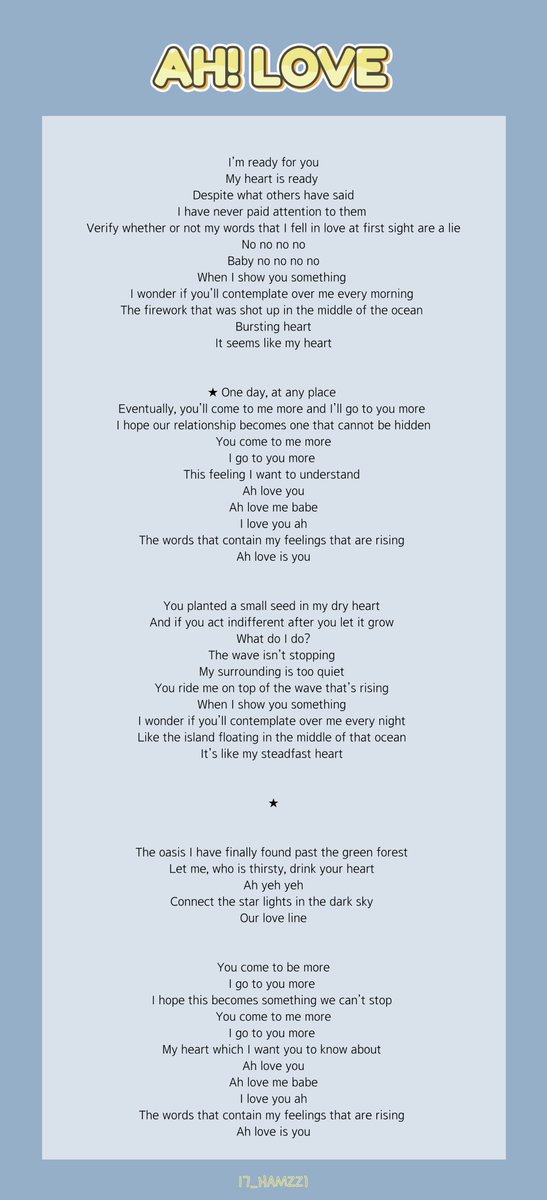 Many letters have more than one possible sound, and many sounds can be produced by a variety of different letters, so it is important to be able to reference each letter independently of the sound it makes.
Many letters have more than one possible sound, and many sounds can be produced by a variety of different letters, so it is important to be able to reference each letter independently of the sound it makes.
Teach letter names when they are needed:
To talk about alternative spellings
e.g.
Teach letter names as soon as you need to talk about alternate spellings in reading and/or spelling. Typically, the first time you need to do this will be when students learn that ‘c’, ‘k’ and ‘ck’ are all alternatives for spelling /k/. You will need to talk about where children will see these alternatives:“We usually see the letter ‘k’ representing /k/ before an ‘e’ or ‘i’ at the beginning of a word.”
“The letter ’c’ usually represents /k/ before an ‘a’, ‘o’ or ‘u’.”
“We use the letters ‘c’ and ‘k’ together after a weak vowel at the end of a word.”
Letter names must be taught for discussion of digraphs e.
 g. “Because we have 44 sounds but only 26 letters in English, we have to combine some letters. The two-letter combination of ‘c’ and ‘h’ represents the sound /ch/.” When the alternative spellings of long /ee/ are taught (ea, ee, ie, ei, ey) it is no longer sufficient to just refer to ‘two-letter e’ – you must name the vowels that can be combined to represent a vowel sound, and their order.
g. “Because we have 44 sounds but only 26 letters in English, we have to combine some letters. The two-letter combination of ‘c’ and ‘h’ represents the sound /ch/.” When the alternative spellings of long /ee/ are taught (ea, ee, ie, ei, ey) it is no longer sufficient to just refer to ‘two-letter e’ – you must name the vowels that can be combined to represent a vowel sound, and their order.To talk about capital letters
If you are teaching students about the use of a capital letter at the beginning of a sentence or name, you must refer to a letter name. There is no such thing as a capital sound! You will also need to refer to letter names when helping children to recognise letters when reading text in different fonts.To communicate the spelling of a word to someone else
Familiarity with letter names allows the teacher to respond, from a distance, to the question “How do I spell the /ie/ in ‘night’?” with “It’s the i-g-h spelling”, rather than having to go and write it down for the child.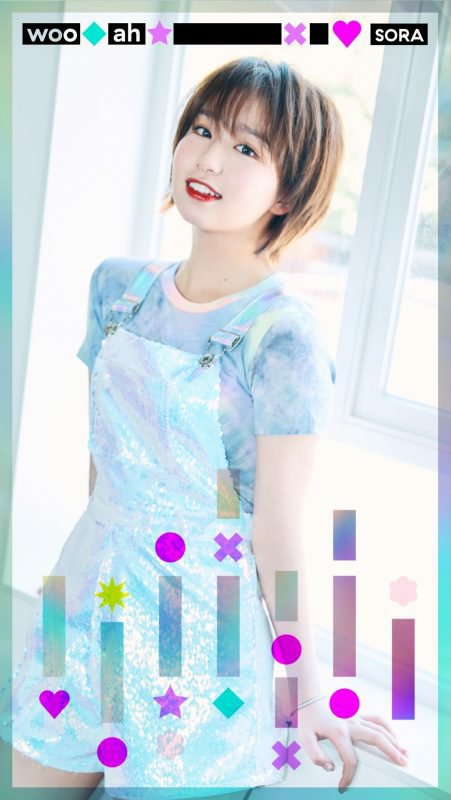 When someone asks you to spell your name, do you give him/her the sounds of your name or do you provide the letter names? Of course, you give the latter. Not to do so would require the person to go through every alternative representations of the sounds and make a choice. That could take a lot of time if your name was derived from another alphabet, like ‘Siobhan’! Consequently, a teacher may have to teach specific letter names earlier to a child with a name that cannot be sounded out easily or has an unusual spelling.
When someone asks you to spell your name, do you give him/her the sounds of your name or do you provide the letter names? Of course, you give the latter. Not to do so would require the person to go through every alternative representations of the sounds and make a choice. That could take a lot of time if your name was derived from another alphabet, like ‘Siobhan’! Consequently, a teacher may have to teach specific letter names earlier to a child with a name that cannot be sounded out easily or has an unusual spelling.To teach homophones
When the sounds of two words are the same, you must be able to describe them using their letter names. e.g. “The ‘bean’ you eat is spelled with the letters ‘e’ and ‘a’, as in the word ‘eat’. The other ‘been’ is the past tense of ‘be’ and is spelled with two e’s.”
How Do You Teach Letter Names?
Follow the order of your synthetic phonics program in choosing which letter names to teach, when.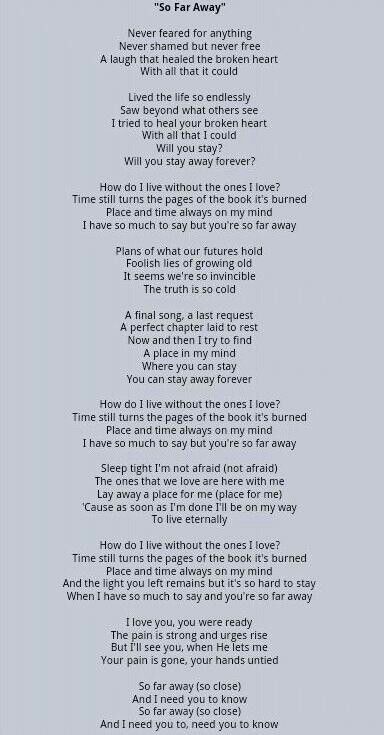 Using our earlier example, the c/k/ck alternative spellings of /k/ are the first typically met in a synthetic phonics program (in level 6 of Phonics Hero’s Playing with Sounds order and level 2A of Letters and Sounds, so these should probably be taught first, then the letters that make up consonant digraphs (l, s, f, h, t, w, n and g).
Using our earlier example, the c/k/ck alternative spellings of /k/ are the first typically met in a synthetic phonics program (in level 6 of Phonics Hero’s Playing with Sounds order and level 2A of Letters and Sounds, so these should probably be taught first, then the letters that make up consonant digraphs (l, s, f, h, t, w, n and g).
Teach the most common letter names first, the less common letter names last (q, z, x.). Every syllable of every word must have a vowel sound and there are many alternative spellings of vowel sounds, so it is very important that students have a sound knowledge of these.
In order to have true fluency in letter recognition, children must be able to identify letters and say their names in and outside of context and in and out of sequence. It’s not just accuracy, but also automaticity, that contributes to long-term literacy success. Here are a few ideas for developing automaticity in letter naming:
- Direct instruction: “This letter’s name is __.
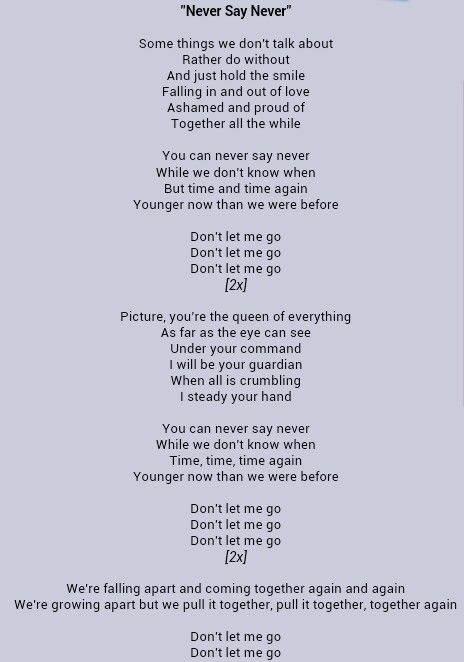 What letter is it? Point to another ___ on the board.”
What letter is it? Point to another ___ on the board.” - Teach letter names alongside letter formation. Have the child say the name of the letter as he or she writes it.
Have a letter of the day and reward the child for finding that letter in the classroom, in a shared book, etc. Print our free Letter of the Day poster and use it to display the letter at the front of your classroom.
Letter searches: “Circle each letter ‘p’ in this line of letters.”
- Bingo: Call out a letter name and have the child place a counter on the corresponding letter. We’ve created a free Letter Name Bingo template you can use.
- Have the student pull a letter out of a mystery bag, a sandbox etc and name it.
- Use the child’s name and other family names to practise letter recognition.
- Print out letters on paper or write them with chalk. Have children jump on/run to a letter when you call out a letter name.

Once the student can accurately name all 26 letters, return your focus to letter-sound correspondences. There are many more sounds than letters to learn and knowledge of those correspondences are key to reading and spelling successfully!
Still have questions about how or when to teach letter names to children? Leave us a comment below!
Author: Shirley Houston
With a Masters degree in Special Education, Shirley has been teaching children and training teachers in Australia for over 30 years. Working with children with learning difficulties, Shirley champions the importance of teaching phonics systematically and to mastery in mainstream classrooms. If you are interested in Shirley’s help as a literacy trainer for your school, drop the team an email on [email protected]25 years ago the poet passed away, whose songs became a prayer for the generation of atheists
Some time ago Peter Vail wrote a wonderful book called "Poems about me".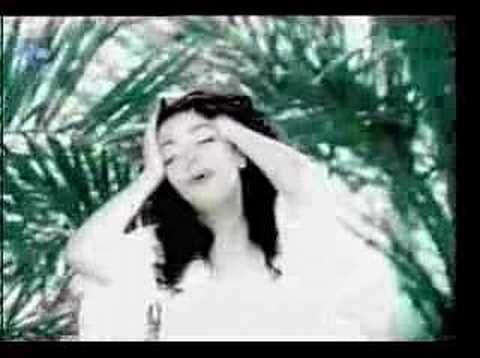 There were about sixty poems by twenty poets. Interestingly, of these twenty, Weil was personally acquainted with only five: Brodsky, Uflyand, Gandlevsky, Rein and Losev. He did not know the rest, and they, the rest, did not know him either. For natural reasons. Among the rest who wrote poems about Weil, there were, for example, Pasternak and Annensky, Blok and Severyanin, Yesenin and Mandelstam ...
There were about sixty poems by twenty poets. Interestingly, of these twenty, Weil was personally acquainted with only five: Brodsky, Uflyand, Gandlevsky, Rein and Losev. He did not know the rest, and they, the rest, did not know him either. For natural reasons. Among the rest who wrote poems about Weil, there were, for example, Pasternak and Annensky, Blok and Severyanin, Yesenin and Mandelstam ...
"Oh, Arbat, my Arbat, you are my religion...". / Yuri Lepsky
How is this possible: the poets did not know Weil, but wrote poems about him? True, Weil himself claimed this. Maybe he made a mistake or exaggerated something?
I will take upon myself the responsibility to assert that the remarkable essayist did not exaggerate anything and was not mistaken in anything: he wrote what he knew for sure. The poems that he selected were really about him, even if they were born long before the birth of himself. Because a real poet knows how to hear and express what a completely unfamiliar person feels. Feels, can't say.
Feels, can't say.
"Oh, Arbat, my Arbat, you are my religion...". Photo: Yury Lepsky
In his book, Vail reaffirmed the purpose of great poetry - to overcome the spiritual dumbness of the reader, to say publicly what constitutes the experience of an ordinary person, not burdened with a poetic gift.
For example, he writes about Bulat Okudzhava's Arbat Romance. Why are these poems about him and about me too? Because they accurately convey the worldview of my and his youth, full of hopes and good forebodings. "From every window where music is heard, / what luck opened up to me!"
"There are few poetic lines that I repeat more often," writes Weil. Because the music from the window in youth always beckons to itself, like the horizon seen from the mountain.
The same thing happened to me once. As a student, I was crushingly in love with a girl who some time later became my wife. And now, being in this coma, I hear Okudzhava's song about the Moscow ant.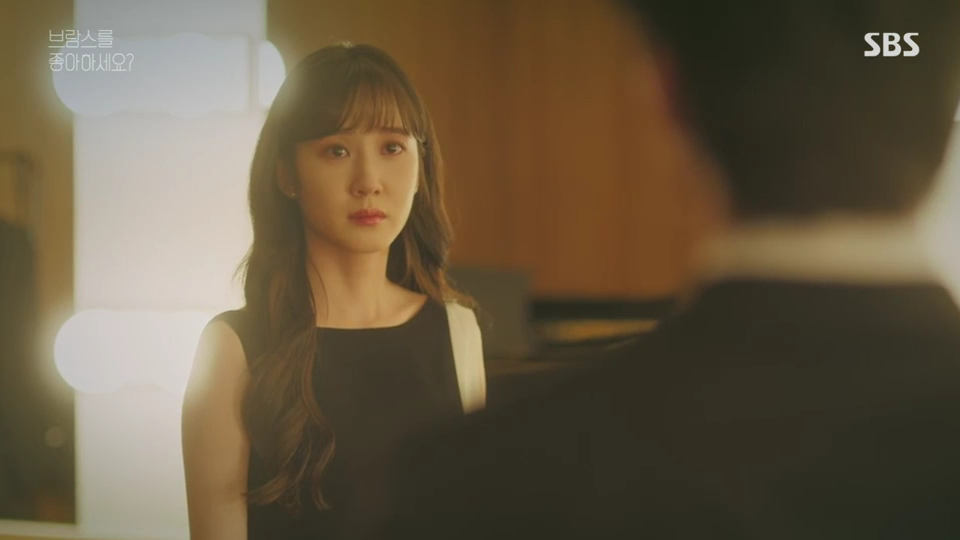 It is clear that at that time I was neither an ant, nor even a Moscow one. So, an ordinary student in love in the city of Sverdlovsk. And what do I hear?
It is clear that at that time I was neither an ant, nor even a Moscow one. So, an ordinary student in love in the city of Sverdlovsk. And what do I hear?
- "And on the seventh day, in a moment
- she emerged from the night lights
- without any heavenly sign...
- Her coat was light. ,
- he opened the doors to his dwelling
- and kissed her chapped hands
- and her old shoes.
These were poems about me. And I listened to them, shocked and happy.
Many, many years have passed since then. But when it comes to love, I do not believe in romantic tales of beautiful sunsets and a moonlit path on the South Sea, not in kisses on a yacht under sail, not in the seductive outlines of girlish charms, not in snow-white promising smiles, not in the mysterious and delicate aromas of well-groomed women - I believe only in "her weather-beaten hands and her old shoes. " And to this day, that is what love is for me. Thanks to Bulat Shalvovich Okudzhava. He helped me remember that feeling.
" And to this day, that is what love is for me. Thanks to Bulat Shalvovich Okudzhava. He helped me remember that feeling.
"Oh, Arbat, my Arbat, you are my religion...". Photo: Yury Lepsky
Since then I have heard many of his songs, some I sang with pleasure, because they were also about me. And now, when a quarter of a century has passed since his departure, I understand that his songs for a typical Soviet atheist have become, in modern terms, the soundtrack of the New Testament. This was our temple and our prayer. Thank God they are still alive today. I hope they will live for many, many more years.
Here are just a few lines from Okudzhava's Gospel, which my generation used every day for decades.
- "When a snowstorm screams like a beast -
- Drawl and angrily,
- Don't lock your door,
- Let the door be open..."
- your own will always fall into his own.
 .."
.." -
- "But out of the sins of your eternal homeland
- You wouldn't make an idol for yourself..."
- Everything must be repeated in nature:
- And words, and bullets, and love, and blood...
- There will be no time to reconcile..."
-
- "Let's join hands, friends
- So as not to disappear one by one..."
-
- "That's how nature wanted it,
- Why is none of our business,
- Why is it not for us to judge..." I live this eternal..."
-
- "Ah, never mind that always, as you know,
- our fate is either shooting or shooting...
- Don't stop trying, maestro,
- don't take your palms off your forehead.
 .."
.." -
- "Ecumenical experience says,
- That kingdoms die
- not because life is hard
- or terrible trials. more..."
-
-
- "For a long time we have labels
- for a pound per penny for copper.
- And they shout to the smart ones: "Fools! Fools!"
- But fools are invisible..."
-
- "Still, it's a pity that we still dream of idols
- and we still consider ourselves slaves..."
-
- "Just imagine, how much kindness
- in silence, in silence..."0022
- as in the permafrost zone,
- you will understand that everyone is like you, bipeds,
- and everyone is wounded like you.
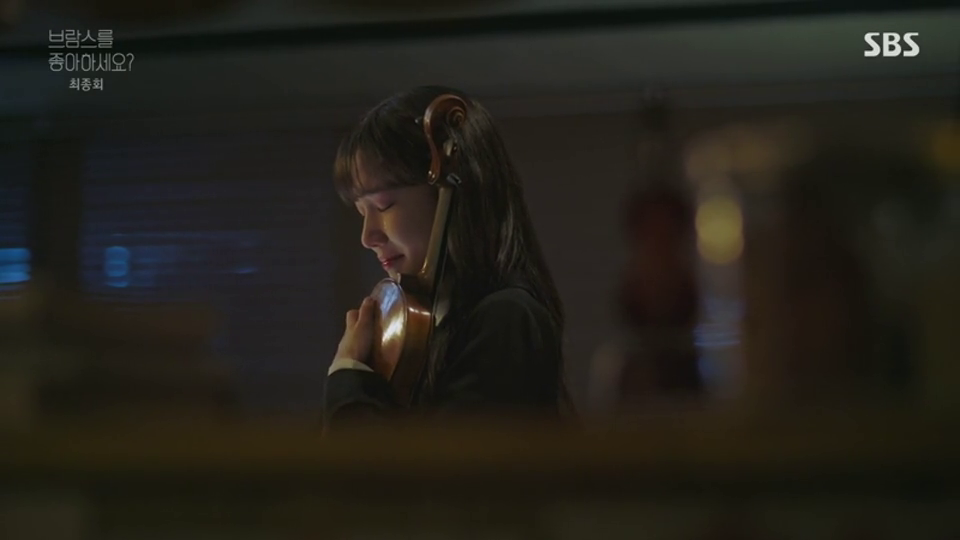 .."
.." -
- "I am not lucky in death,
- I will be lucky in love. .."
-
- "The smell of hearth and smoke is getting weaker,
- milk and bread.
- Somewhere under your feet and over your heads
- only earth and sky..."
0202
Tags: Hit parade leaders
Papaoutai
Papagdeshty
Dites-moi d'où il vient,
Enfin je saurais où je vais,
Maman dit que lorsqu'on cherche bien,
On finit toujours par testrouver,
jamai elle tres loin,
Qu'il part très souvent travailler,
Maman dit "travailler c'est bien,
Bien mieux qu'être mal accompagné, pas vrai?"
Où est ton papa ?
Dis-moi où est ton papa.
Sans même devoir lui parler,
Il sait ce qui ne va pas,
Ah sacré papa,
Dis-moi où es-tu caché ?
Ça doit faire au moins mille fois que j'ai
Compté mes doigts
Où t'es papa où t'es ?
Où t'es papa où t'es ?
Où t'es papa où t'es ?
Où t'es où t'es où papa, où t'es ?
Quoi qu'on y croit ou pas,
Y aura bien un jour où on y croira plus,
Un jour ou l'autre on sera tous papa,
Et d'un jour à l'autre on aura disparu,
Serons-nous détestables,
Serons-nous admirables,
Des géniteurs ou des génies, dites-nous
Qui donne naissance aux irresponsables?
Ah dites-nous qui! Tiens,
Tout le monde sait comment on fait les bébés
Mais personne sait comment on fait des papas,
Monsieur JeSaisTout en aurait hérité,...
C'est ça, faut l'sucer de son pouce ou quoi,
Dites-nous où c'est caché, ça doit où t'es?
Où t'es papa où t'es ?
Où t'es papa où t'es ?
Où t'es où t'es où papa, où t'es ?
Où est ton papa ?
Dis-moi où est ton papa,
Sans même devoir lui parler,
Il sait ce qui ne va pas,
Ah sacré papa,
Dis-moi où es-tu caché, j'ai,
Compté mes doigts,
Où est ton papa ?
Dis-moi où est ton papa,
Sans même devoir lui parler,
Il sait ce qui ne va pas,
Ah sacré papa, j'ai,
Compté mes doigts,
Où t'es papa où t'es ?
Où t'es papa où t'es ?
Où t'es papa où t'es ?
Où t'es où t'es où papa, où t'es ?
Tell me where he comes from,
Then I would finally know where to go.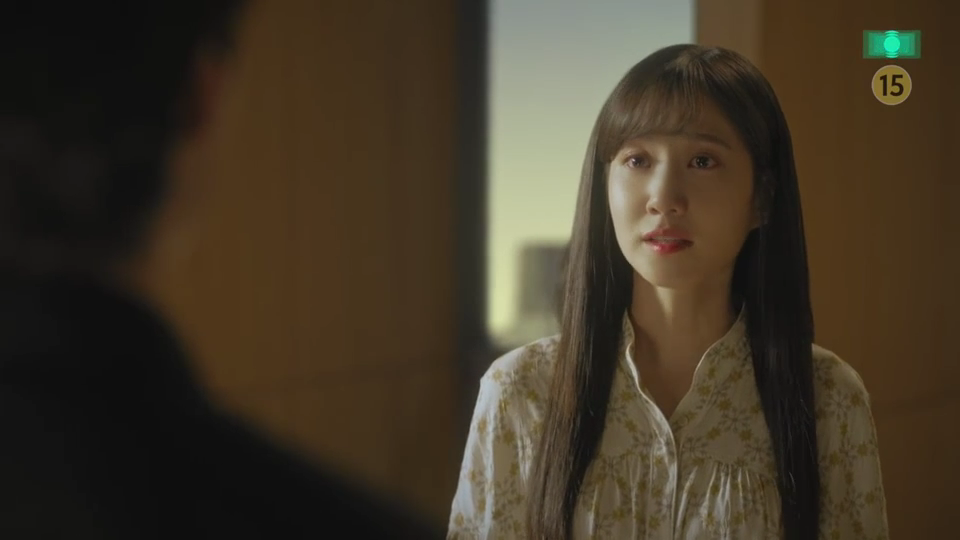
Mom says that if we search hard,
We will definitely find...
She says that he is always there,
That he just has to work hard.
Mom says: "Working is good,
Much better than being in bad company, isn't it?"
Where is your father?
Tell me where your father is.
He doesn't even need to say anything -
He knows something is wrong.
Oh, damn father,
Tell me where are you hiding?
I must have been at least a thousand times already
Counted on fingers...
Where are you, dad, where are you?
Where are you, dad, where are you?
Where are you, dad, where are you?
Where are you, where are you, dad, where are you?
Whether we believe or not, one day
The day will come when faith will leave us.
Sooner or later we will all be fathers,
That day by day they will disappear somewhere.
Will we be terrible?
Or admirable?
Life-giver or genius?
Explain to us who gives birth to irresponsible. ..
..
Ah, tell us who's in charge.
Everyone knows how to make babies,
But nobody knows how to make fathers,
Mr. Know-It-All would have inherited it, but where else!
What are we, sucking information out of our fingers?
Tell us where to look... Must be
We've been biting our fingers at least a thousand times...
Where are you, papa, where are you?
Where are you, dad, where are you?
Where are you, dad, where are you?
Where are you, where are you, dad, where are you?
Where's the damn father?
Tell me where your father is.
He doesn't even need to say anything -
He knows something is wrong.
Oh, damn father,
Tell me where are you hiding?
I must have been at least a thousand times already
I counted on my fingers...
Where is your father?
Tell me where your father is.
He doesn't even need to say anything -
He knows something is wrong.
Oh, damn father,
Tell me where are you hiding?
I must have been at least a thousand times already
Counted on fingers. ..
..
Where are you, dad, where are you?
Where are you, dad, where are you?
Where are you, dad, where are you?
Where are you, where are you, dad, where are you?
The author of the translation is VladimiR
The author's page
Like the translation?
Papaoutai Lyrics Rating: 5 / 5 544 opinions
Racine Carrée
Stromae
Tracklist (11)
- Ta fête
- Papaoutai
- Batard
- Ave Cesaria
- Tous les memes
- Formidable
- Moules frites
- Carmen
- Quand c'est?
- Sommeil
- AVF "Allez vous faire!"
Video Clip
Video clips for the song are provided by youtube.com. There may be some discrepancies between the clips and the song.


